
What Are Eye Floaters? Here What To Do If you Start Seeing Them, According to an Eye Doctor
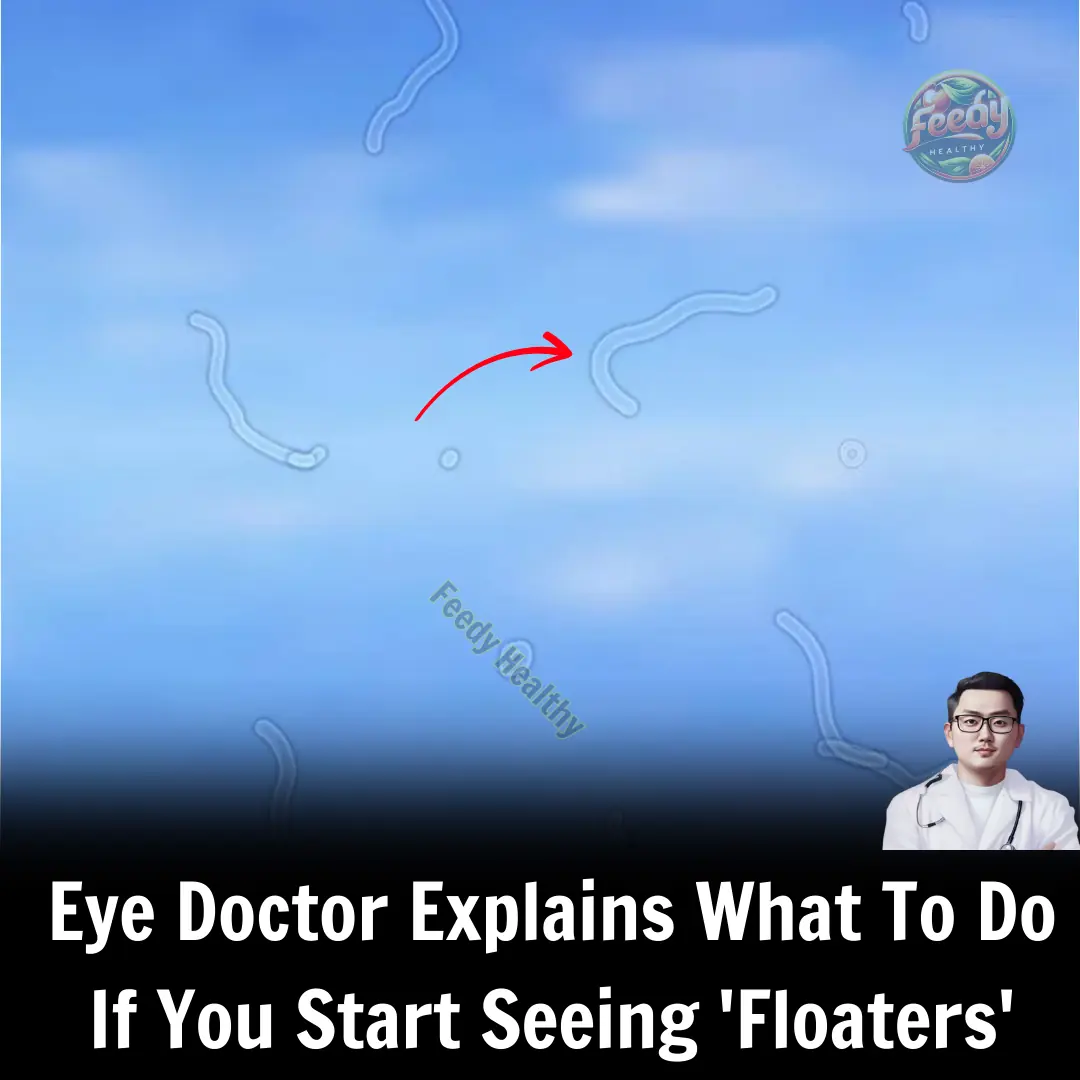
Have you ever noticed tiny specks, squiggly lines, or shadowy cobwebs drifting across your vision? These eye floaters are a common phenomenon, but they can be concerning if they appear suddenly or in large numbers. While most floaters are harmless, they can sometimes indicate a more serious eye condition.
In this article, we’ll break down what eye floaters are, what causes them, who is at risk, and when you should seek medical attention.
What Are Eye Floaters?
Eye floaters appear as small shapes that move within your field of vision. They might look like:
✅ Specks or dots
✅ Thread-like strands
✅ Cobweb-like shadows
✅ Small floating clouds
These floaters become especially noticeable when you look at bright backgrounds, such as a clear sky or a white surface. They tend to drift away when you try to focus on them.
What Causes Eye Floaters?
Floaters form due to changes in the vitreous, the gel-like substance that fills your eyeball. As you age, the vitreous becomes more liquid, causing microscopic fibers within it to clump together. These clumps cast shadows on the retina, which appear as floaters.
In most cases, floaters are simply a natural part of aging. However, they can also be linked to:
⚠️ Eye infections
⚠️ Uveitis (inflammation inside the eye)
⚠️ Retinal tears or detachment
Who Is Most at Risk?
You might be more likely to experience eye floaters if you:
🔹 Are nearsighted (myopia)
🔹 Have had cataract surgery
🔹 Have diabetes (which can lead to diabetic retinopathy)
🔹 Are over 50 years old
When to Be Concerned About Eye Floaters
While most floaters are harmless, there are some warning signs that could indicate a serious problem. Seek immediate medical attention if you experience:
🚨 A sudden increase in floaters
🚨 Flashes of light in your vision
🚨 A dark shadow or curtain covering part of your vision
These could be symptoms of a retinal tear or detachment, which can lead to permanent vision loss if not treated promptly.
How Are Eye Floaters Diagnosed?
An ophthalmologist (eye doctor) can diagnose floaters through a dilated eye exam. This involves using special eye drops to widen the pupils, allowing the doctor to examine the vitreous and retina for abnormalities.
Treatment Options for Eye Floaters
In most cases, floaters don’t require treatment because they become less noticeable over time. However, if floaters are significantly impairing vision, there are a few medical options available:
🩺 Vitrectomy – A surgical procedure that removes the vitreous gel and replaces it with a saline solution.
🔬 Laser Therapy – A laser treatment that breaks up large floaters, making them less noticeable.
⚠️ Both procedures come with risks, including infection and retinal damage, so they are only recommended for severe cases.
Lifestyle Tips for Managing Eye Floaters
If your floaters are mild, you can try these simple lifestyle changes to minimize their impact:
✔️ Move your eyes around – Try shifting your gaze up and down to move floaters out of your central vision.
✔️ Eat a nutrient-rich diet – Include foods high in omega-3, vitamin A, and zinc to promote eye health.
✔️ Stay hydrated – Dehydration can make floaters more noticeable. Drink plenty of water daily.
✔️ Quit smoking – Smoking increases the risk of eye diseases and worsens overall eye health.
✔️ Regular eye check-ups – Routine eye exams help detect potential problems early.
Final Thoughts
For most people, eye floaters are a normal part of aging and not a cause for concern. However, sudden changes in floaters or vision disturbances should never be ignored. Staying informed and proactive about eye health can help ensure clear vision for years to come.
If you notice anything unusual in your vision, don’t hesitate to see an eye specialist! 👁️✨
This version keeps the information concise, engaging, and easy to digest while ensuring all critical points are covered. Let me know if you'd like any adjustments! 😊
News in the same category


If Your Kidneys Are in Danger, Your Body Will Send You These 8 Signals — Don’t Ignore Them

The Surprising Effects of Avocado on Your Heart and Brain
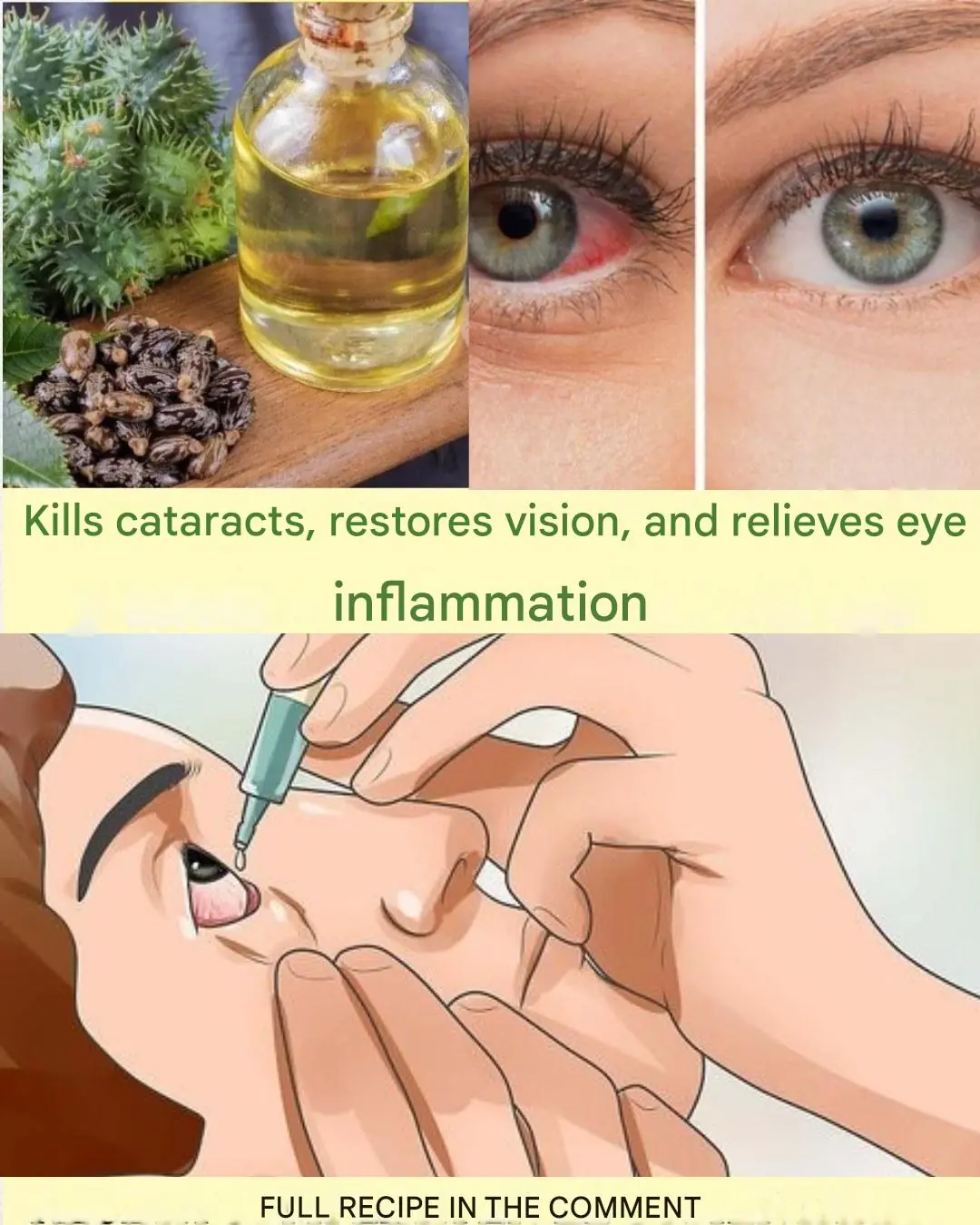
Natural Remedy for Cataracts and Eye Inflammation: Restore Your Vision Naturally

Unlock the Golden Magic of Corn Silk Tea

9 Powerful Home Remedies to Get Rid of Fungal Infection (Daad, Khaj, Khujli) Fast

7 Shocking Health Benefits Of Eating Sweet Potatoes Every Day — According To Science

About 15 Minutes Before a Stroke, the Body Often Sends 4 Clear Warning Signs — Call Your Loved Ones Immediately
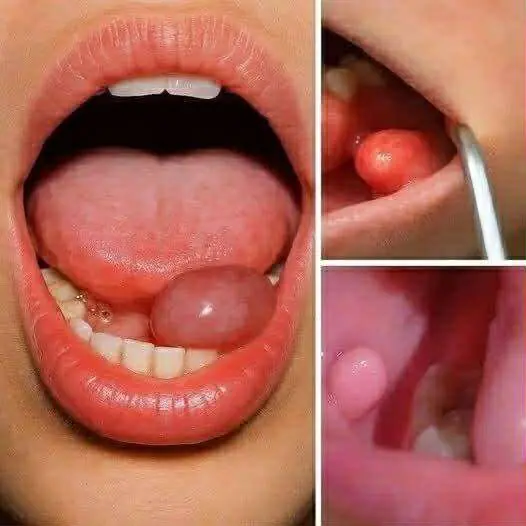
Hidden Dangers in Your Mouth: Early Signs of Oral Cancer

The Secret Power Of The Herb That Helps You Age Gracefully

The Unexpected Benefits of Eating Chicken Feet
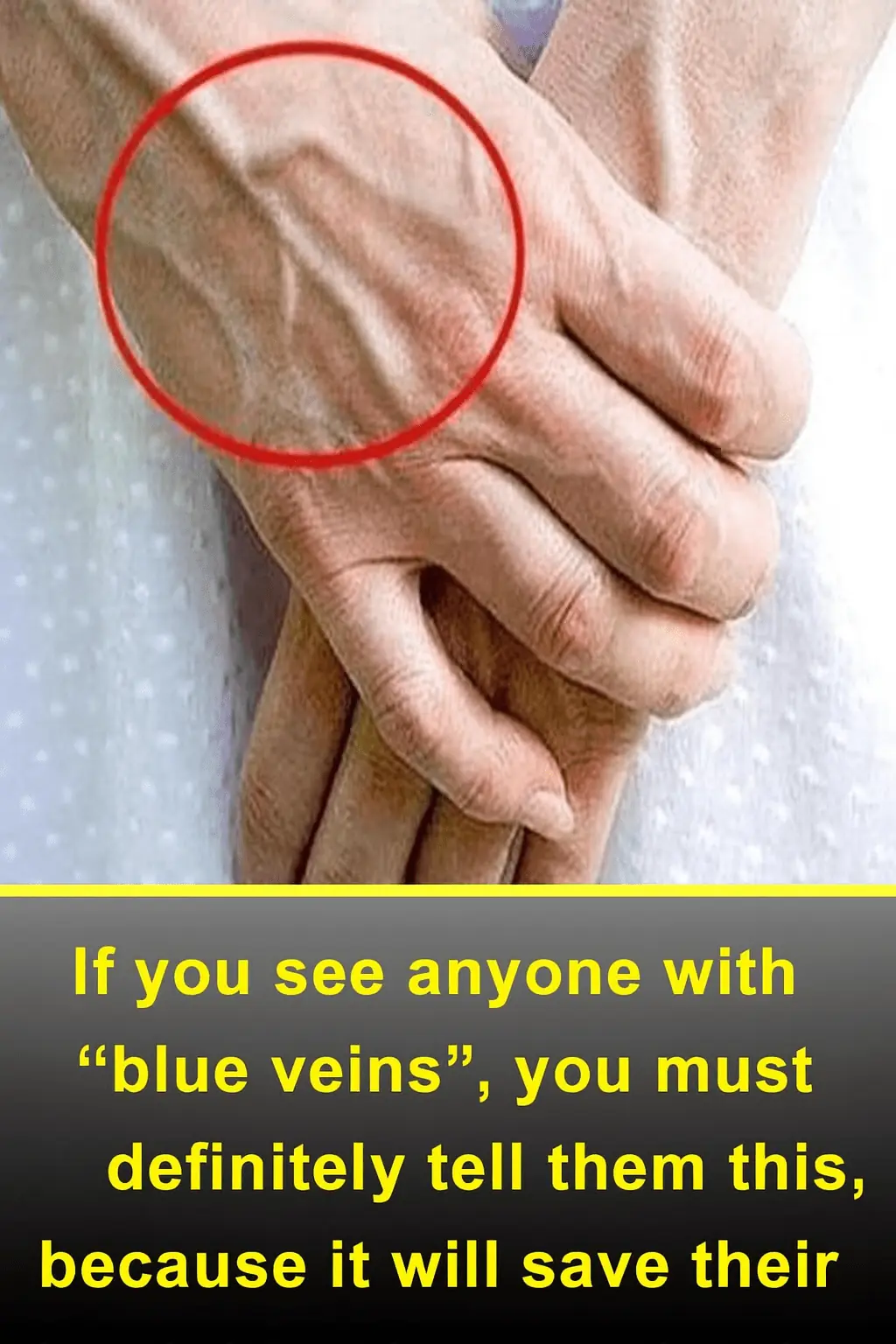
If You See Someone with “Blue Veins,” Tell Them This — It Could Save Their Life

The Secret Power of Two Eggs a Day: Could This Simple Habit Transform Your Health? Buy vitamins and supplements

Man Passed Away After Eating Eggs — Stop Eating Eggs This Way Immediately

8 Foods That Fight Tumors — Eat Them Regularly

Does Eating Bananas Before Bed Have Any Benefits?
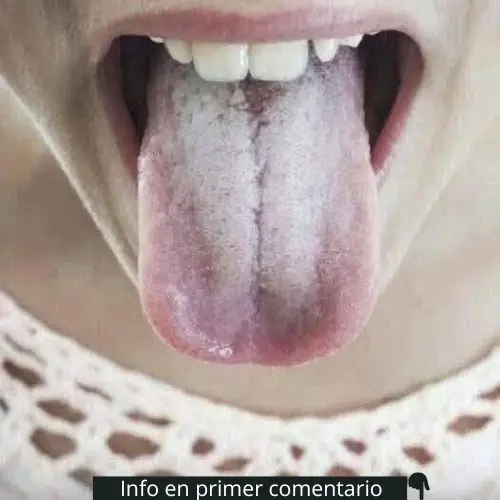
The Tongue as a Health Indicator: Meaning of a Whitish Color

Benefits of Boiled Eggs: Nutrition and Healthy Recipes

5 early warning signs of cervical cancer
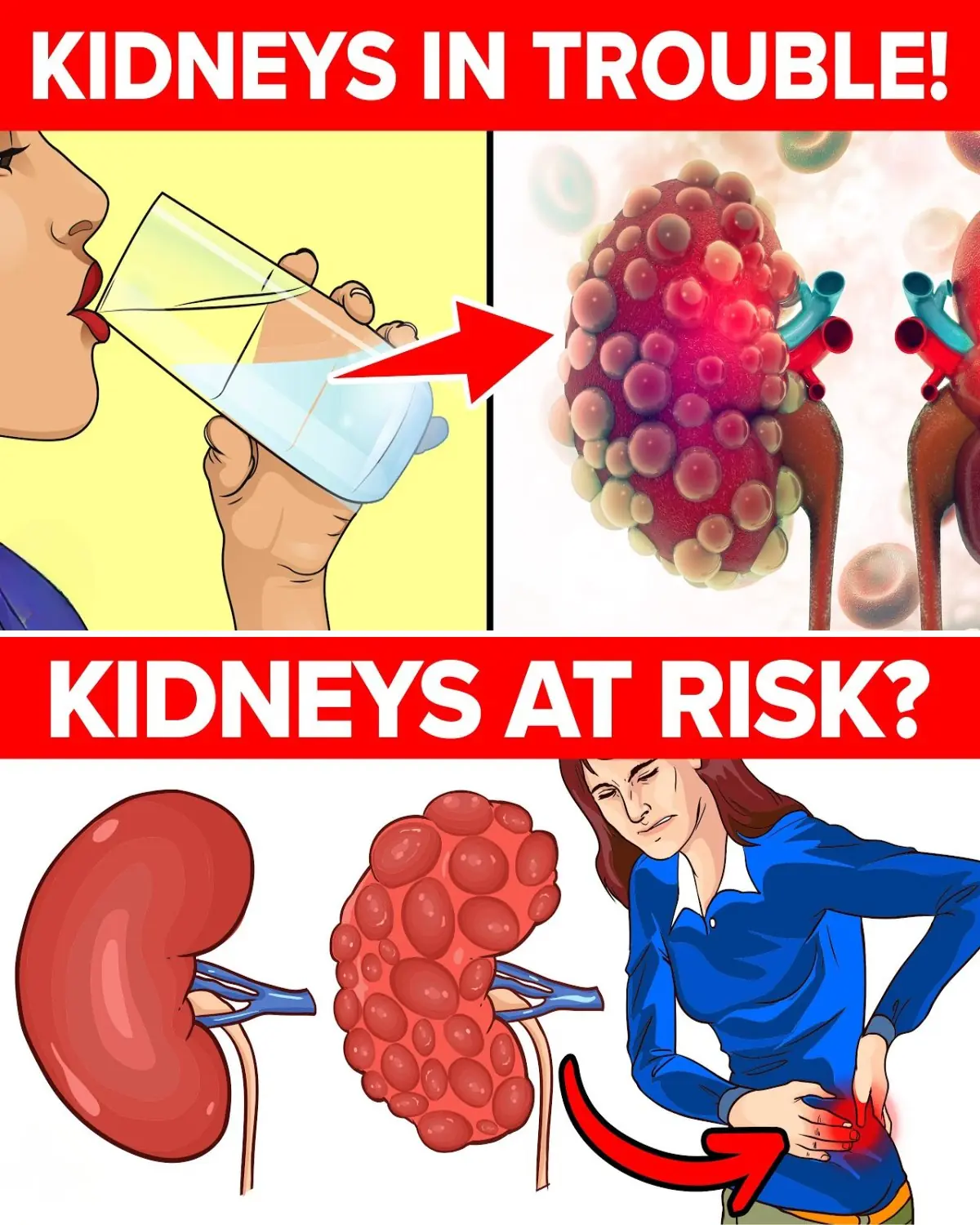
7 Innocent Mistakes That Get Your Kidneys in Big Trouble
News Post

WHAT HAPPENS WHEN WE TONGUE KISS…See more

Nature’s Secret: 4 Healing Leaves That Support Metabolism, Immunity & Circulation Naturally

Don’t Drink Coconut Water Before You Know These 11 Secrets!

Pumpkin Seed Milk — The Natural Parasite Cleanser

Fast Rice Water Trick for a Brighter Smile

Morning Drink to Revive Your Kidneys Fast

The Onion Recipe That Could Transform Your Blood Sugar, Support Cleaner Arteries, and Protect Your Heart!

Top 4 Fruits That Help Your Kidneys Flush Out Toxins While You Sleep

Ginger, Clove, and Honey: The Natural Trio Your Body Will Thank You For

Heal 15 Years of Joint Pain Naturally with Turmeric and Honey Tea

This Juice Revived My Grandma’s Energy — Say Goodbye to Fatigue and Body Pain with This Natural Recipe

The Benefits of Eating 2 Boiled Eggs Every Morning: Transform Your Health!

If Your Kidneys Are in Danger, Your Body Will Send You These 8 Signals — Don’t Ignore Them

The Surprising Effects of Avocado on Your Heart and Brain

Ways to Get Over a Man Who Didn’t Value You

I’m 66 but Look 36 — My Secret? Aloe Vera & Ginger for Firm, Smooth Skin

How to Make Okra Water to Treat 17 Health Problems Naturally

Banana and Egg Mask to Look Younger Even in Your 80s

Scent Leaf Secrets Unveiled: 10 Surprising Health Benefits of This Miracle Herb
